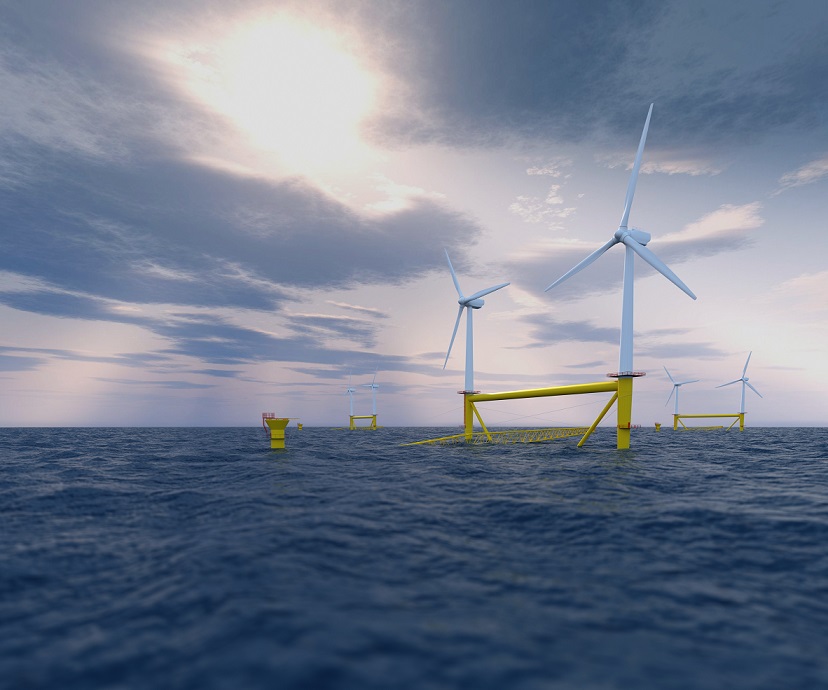Floating offshore wind farms are gaining traction as a sustainable and cost-effective solution for generating renewable energy. Wales, known for its rugged coastline and windy climate, is poised to become a leader in this innovative technology.
The Welsh government has announced plans to increase floating offshore wind projects in the Celtic Sea, with the potential to power millions of homes and create thousands of jobs by situating them further offshore. As the Committee has argued, if these projects hit their full potential, Wales would gain the ‘first-mover’ advantage by providing a great amount of high-quality long-term jobs.
The advantages of floating offshore wind farms are numerous. They can be installed in deeper waters, where wind speeds are generally higher and more consistent, resulting in more energy output. They also have a lower environmental impact than traditional fossil fuel power plants.
Moreover, also the potential economic benefits of floating offshore wind in Wales are significant. The Welsh government estimates that the industry could create up to 3,000 jobs contributing to £682m to the economy by 2030. This is a welcome development in a region that has historically struggled with high unemployment rates.
However, developers and port operators told the Committee that a lack of long-term targets and a clear pipeline of projects to unlock investment are slowing their progress. For this reason, the Committee expects the UK government to urgently address this situation in order to achieve this potential of wealth and job creation opportunities for Wales. This would require successful coordination between the UK and Welsh governments, their public bodies, and industries in a number of interdependent policy areas so that Wales could capitalize on the enormous potential that floating offshore represents to the nation.
In this regard, Rt Hon Stephen Crabb MP, Welsh Affairs Committee Chair, argued that achieving the floating offshore wind farms’ potential «will require a clear strategy from Government and the Crown Estate to prioritize domestic content and ensure developers meet their commitments» and that «Floating offshore wind represents a once-in-a-generation industrial opportunity for Wales – we cannot afford to let this pass us by».









Show Comments